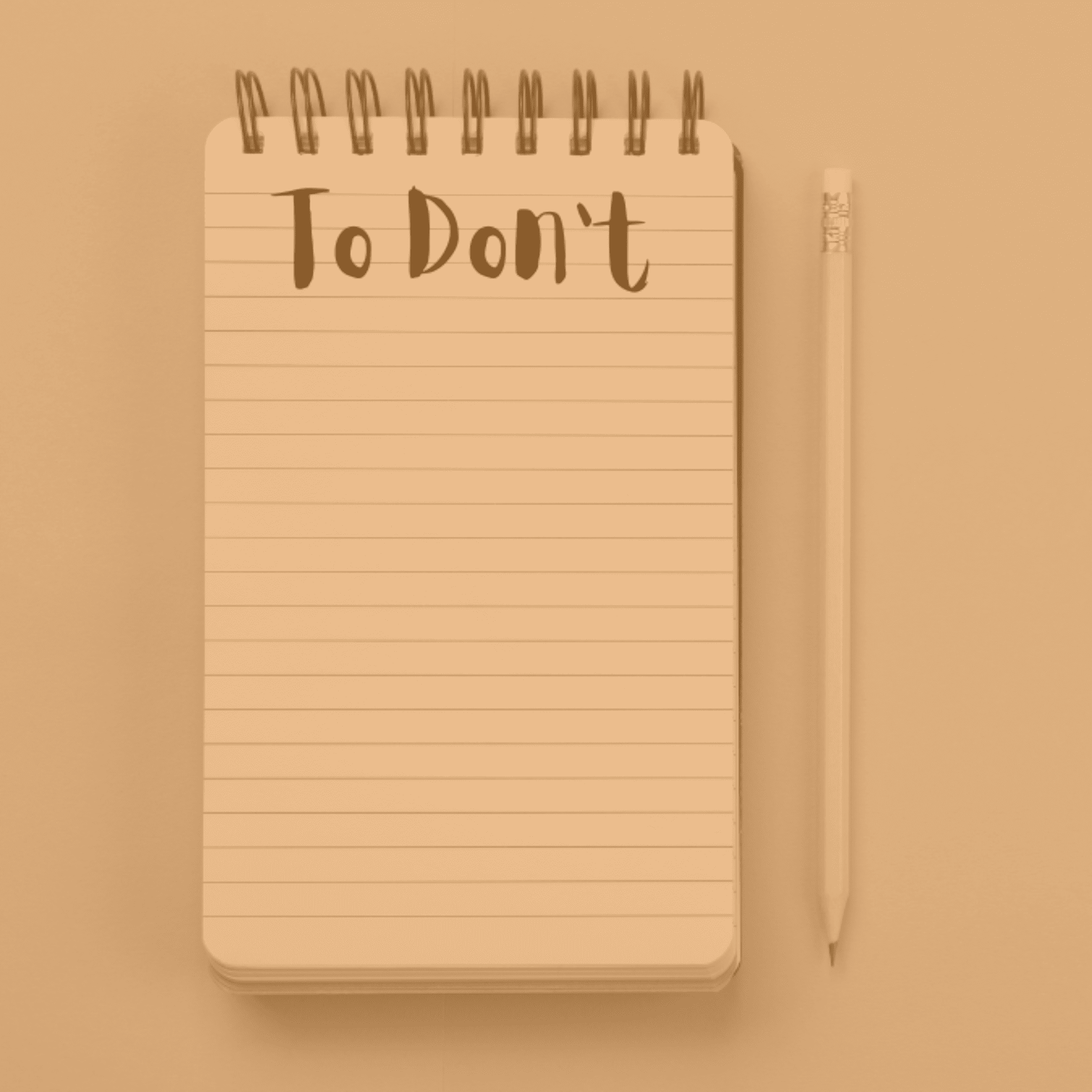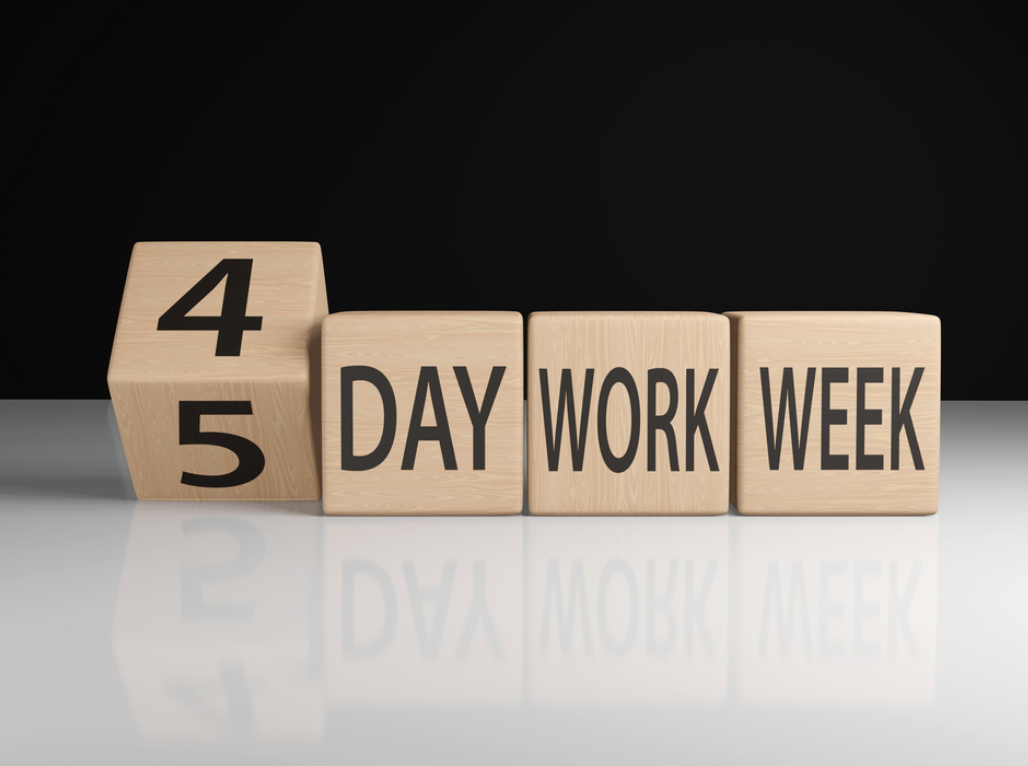It’s time to create a To Don’t list

Recent posts

From Firefighting to Innovating: 4 Strategies to Carve Out Space for Creativity
Zoe Aitken • 29 August 2024

COORDINARE’s Four-Day Week Success: 3 Powerful Lessons You Need to Know
Charlotte Rush • 29 August 2024

Everything I thought I knew about Work was Wrong: My Eye-Opening CEO Journey
Tina McIntosh • 1 August 2024
To-do lists are considered very sexy in productivity circles (I personally find them incredibly attractive). But have you ever thought about writing a list of things that you don’t want to do?
Rachel Botsman is a world-renowned expert on trust and technology and a Trust Fellow at Oxford University. Prior to the pandemic, Botsman had written an annual ‘to-don’t list’ for several years. The purpose of this list had been to reflect on habits she wanted to break or things she wanted to do differently, but during her first COVID lockdown, she took this ritual and made it monthly.
“I think the trigger was not travelling and realising how much I didn’t want to go back to it,” Botsman explained. “So much of our lives are programmed to “add” tasks and commitments – we’re not taught how to subtract.”
She felt as though her work was constantly about adding tasks and responsibilities. To counter this feeling of the never-ending list of things to do, she diarises an appointment with herself on the last Friday of every month where she sets aside time to consider what she wants to stop doing in her work.
“I give myself a full hour to think about it and reflect on the last month’s list. What did I keep? What did I find hard? Why? What is a pattern I can’t break?”’
While there aren’t specific categories she thinks about in relation to what she wants to not do, she does think about her energy. During her meeting with herself, she reflects on how she spends her time, who she spends it with, and what she wants to focus on – and more importantly, not focus on.
Some examples of items that have made Botsman’s to-don’t list include:
- Don’t work with clients whose intentions/motives are not aligned with yours.
- Don’t undervalue things you find super easy.
- Don’t schedule meetings between 8 and 11am.
- Don’t scroll through social media after 7pm.
- Don’t bend to other people’s agendas.
- Don’t see X person, period (!).
- Don’t do ‘favours’ because you feel bad.
For Botsman, the process has been immensely beneficial in helping her be more mindful about where she puts her energy and helps her think about old things in new ways. And through avoiding the temptation to constantly add things to her plate, it’s also helped her stay focused on the work that matters to her most.
(This post is an extract from my upcoming book Time Wise).
I’d love to hear: what’s on your “to-don’t” list?
Cheers
Amantha